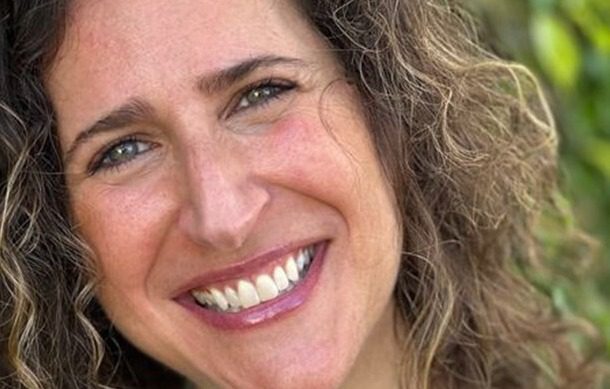Julie Charlestein was never pressured to go into her family’s business, Premier Dental. If anything, she was encouraged to go out and explore other opportunities. “I worked outside the business and fields unrelated, and then for a period was unsure what I really wanted to do,” says Charlestein. “So I came to work at Premier kind of part-time just to see, do I like it?”
Spoiler: She liked it. Charlestein is the fourth-generation CEO of the dental products company started by her great-grandfather, Julius Charlestein. Her journey illustrates some key lessons for company founders who want to encourage the next generation to get involved in a way that helps both the adult child and the business thrive.
1. Encourage them to be prepared. Once Charlestein had worked part-time for Premier and saw a future there for herself, she told her father she’d be better prepared to take a role after she’d spent time in business school. With an MBA in hand, she again sought work outside the business to gain additional skills. “That’s when my father started calling me and asking me what I wanted to do.” After speaking with a a family business coach, and with people both inside and outside the company, she decided to come in full time.
2. Nepotism is a no-no. Children need to start at a similar level to an external hire with the same credentials; if not, they won’t have the respect and buy-in of the rest of the organization, which will hamper their ability to lead effectively. Charlestein was not installed in a senior role when she returned, but rather at mid-level, as a product manager—which was appropriate for her skills and experience level, she says. “From there I worked my way up. After about 15 years or so, I became president. Then I became CEO after that.”
3. But give them opportunities. “One thing my father did very well was that he did treat me like an employee, but he also treated me like a special employee—not in terms of advantages, but in terms of exposure to things and lessons and things like that,” she says, noting those learning opportunities helped her gain a more holistic understanding of the business “that probably wouldn’t be at a level that a [typical] product manager would get.” One thing she would do differently if bringing her own children into the business would be to add “very specific, goal-oriented mentoring sessions.” For example, year one, the topic would be financing; year two, banking relationships. “As opposed to doing things more organically. I didn’t have that but I think it would be important when I look at other family businesses that I know.”
4. Understand that they may lead differently than you did. Different styles can lead to conflict. One area of tension between Charlestein and her father was, she says, largely generational. “I wasn’t as deferential to him as he was to his father, so that was where most of the tension and angst came from.” It isn’t easy to work closely with family, she acknowledges, and during times of tension, it becomes that much more important to compartmentalize. “Business is business, so whatever communications were necessary related to the business [we had], but that’s where it stopped, there would be no embellishment, no additional, ‘Okay, are we getting together tonight for dinner?'” That’s a skill family members need to have to keep the business healthy at all times. “You have to get work done. You don’t always have to be nice, but you always have to be respectful. And there were certainly periods like that.”
5. But know that, if given the room, they will add something new and special. It can be challenging to bring a 110-year-old company into a new era, but at Premier Dental, Charlestein has been able to bring a greater level of innovation and modernity to an already successful culture. In the past, for example, the company would take products that had been started and taken part of the way by another company, and “we would finish it and make it better.” Today, the company licenses new technology and builds products from scratch from the patent. “And we’ve put processes in place to make sure it was an even more integral part of our DNA,” she says. “We were always looking at innovation, but it’s something that I brought in in a much more official, process-driven and independent way.”
6. Remember that different roads can lead to the family business. Just because a child chooses a different path early on doesn’t mean they won’t circle back if the option is open. Charlestein points out that her father, Gary, was on his way to Columbia Business School when he abruptly changed course. “He told his parents to send the check to the Jewish Theological Seminary and said, ‘I’m becoming a rabbi.'” But after several years in the pulpit, he returned to the business and eventually took the reins as CEO. “So that probably dictated a lot of the family mentality, which I’m appreciative of.”
Charlestein knows her family’s low-key approach is unusual, and she adds that “it’s a fool’s errand” to advise founders or parents in the business to keep the pressure off, “because they’re not gonna do that.”
But she has a message for next-generation future leaders: “Hopefully [children] will understand that most likely [that pressure] is coming out of their confidence in you, their desire for you to be elevated, their trust in you. So it’s about how you want to look at it, how you want to receive it and how you want to explore it.”
She shares many other pointers for family business owners in her new book, How to Lead Your Family Business: Excelling Through Unexpected Crises, Choices, and Challenges (Matt Holt, 2023).







